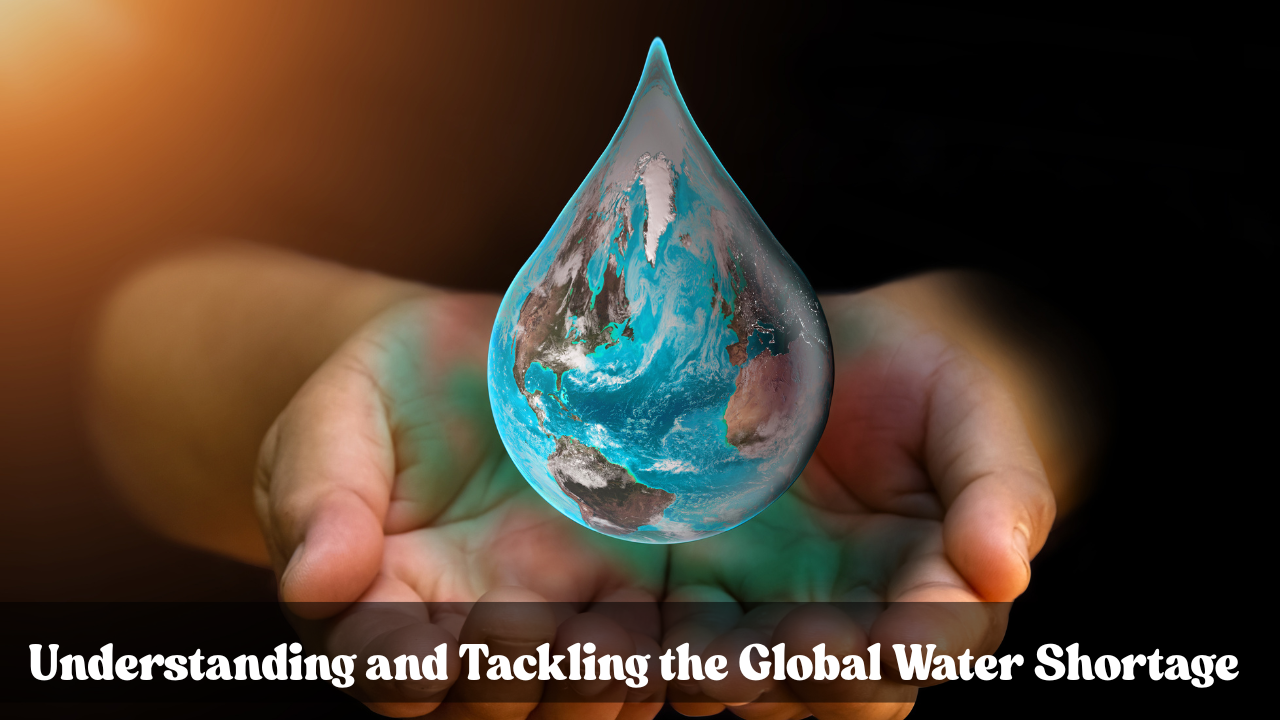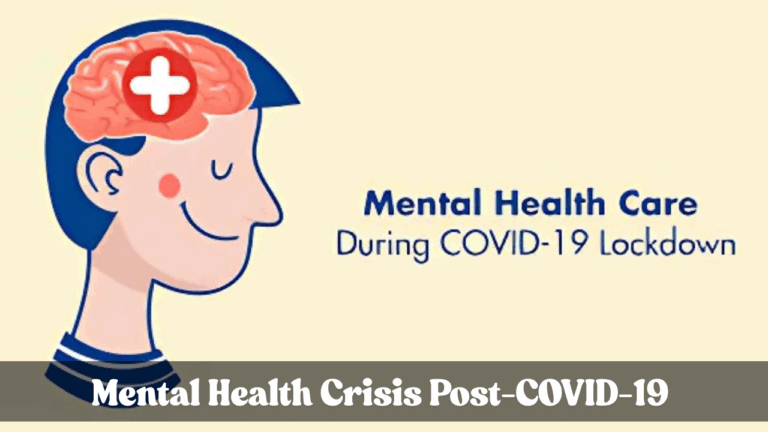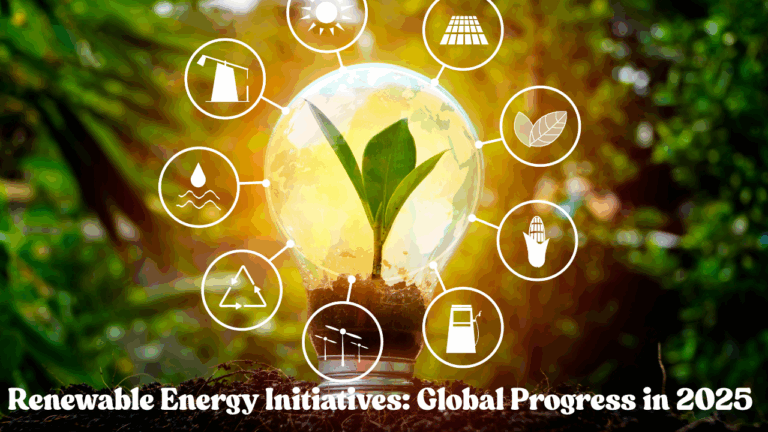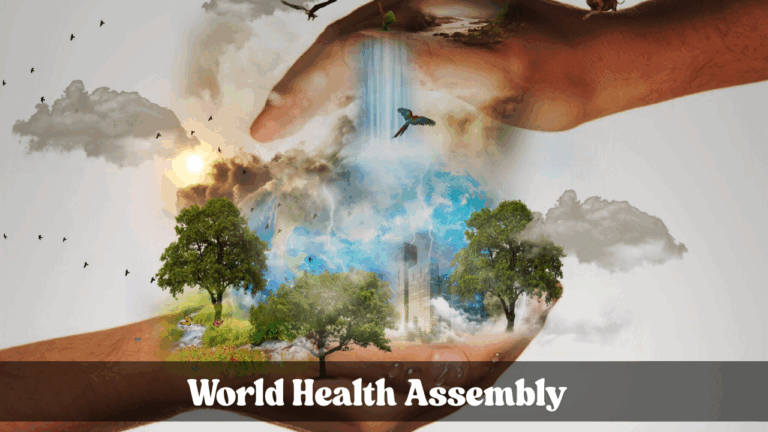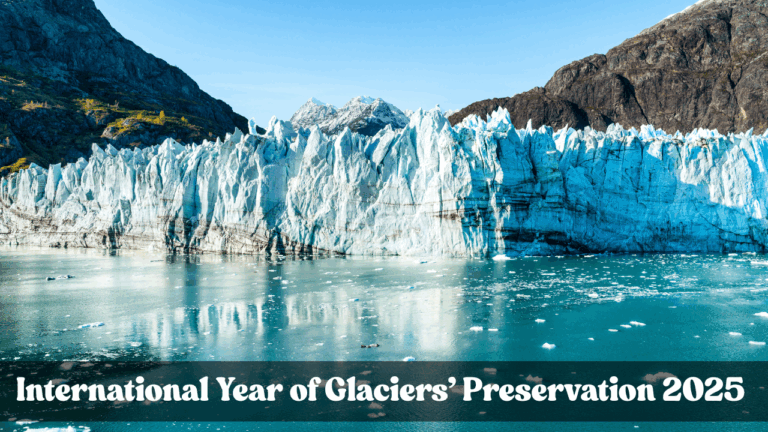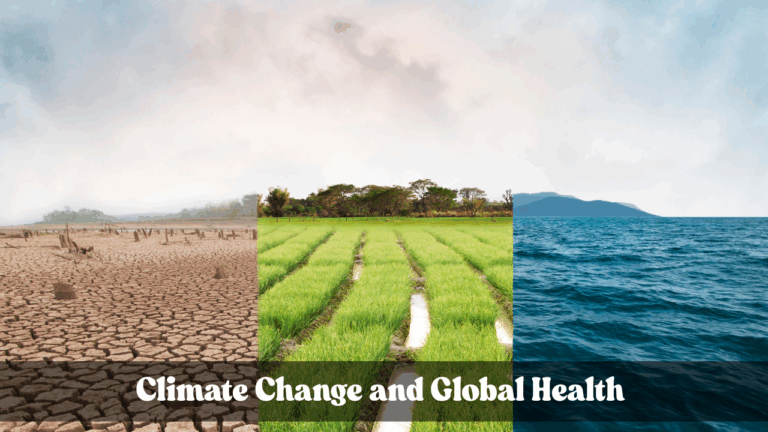Water Security 2025: Understanding and Tackling the Global Water Shortage
Water is one of the most essential resources for life on Earth. It supports our health, agriculture, industries, and the environment. However, the world is facing a growing challenge: water scarcity. This means that many regions are running out of clean and safe water to meet their needs. This issue is especially important for India, a country with a large population and increasing demands on water.
This article will explain what water security means, why the global shortage is happening, how it affects India, and what steps can be taken to improve the situation. Our aim is to provide clear and helpful information to everyone interested in this crucial topic.
What Is Water Security?
Water security means having reliable access to enough clean water for daily life, farming, businesses, and nature. It also involves managing water in ways that reduce risks like floods and droughts. When water security is threatened, people can face problems such as poor health, food shortages, and economic difficulties.
Worldwide, water security is becoming harder to maintain because of increasing demand and shrinking supply. This challenge is often called the global water crisis.
Why Is There a Global Water Shortage?
Several factors are contributing to the growing water shortage across the world:
- Population Growth: The global population is rising, leading to more water needed for drinking, cooking, washing, and farming.
- Pollution: Contamination from industries, sewage, and agriculture makes many water sources unsafe for use. Treating polluted water requires more resources.
- Climate Change: Changes in weather patterns cause irregular rainfall, longer dry seasons, and more frequent floods, which disturb the natural water cycle.
- Overuse and Waste: Inefficient use of water in agriculture, industries, and households leads to wastage. For example, leaking pipes or using too much water for irrigation reduces available water.
According to recent studies, by 2030, the global demand for water will be about 40 percent higher than what nature can supply sustainably. More than 4 billion people already experience water scarcity for at least part of the year. These numbers show how urgent it is to address water security.
Water Scarcity in India: A Closer Look
India is one of the countries most affected by water scarcity. With its large population and rapid development, water demand in India is growing fast. At the same time, many parts of the country face severe water stress.
More than half of India’s districts suffer from high to extreme water stress, which means the available water is not enough to meet daily and agricultural needs. Cities like Chennai and Bengaluru have seen severe water shortages in recent years, leading to restrictions on water supply and affecting daily life.
Farmers are particularly vulnerable because agriculture uses nearly 80 percent of India’s freshwater. When there is less water, crop production suffers, which impacts food security and rural incomes. The groundwater level in many regions is falling due to over-extraction, which makes the situation even worse.
What Is Being Done to Improve Water Security in India?
The Indian government and various organisations have started several programmes to improve water security:
- Jal Shakti Ministry: Established to coordinate water management efforts, this ministry focuses on water conservation, rainwater harvesting, and better irrigation methods.
- Campaigns for Water Saving: Public awareness programmes encourage people to use water carefully at home and in farming.
- Water Storage Projects: Building and repairing dams, tanks, and checking dams to capture rainwater and reduce dependency on groundwater.
- Technology and Innovation: Promoting drip irrigation and sprinkler systems helps farmers use water more efficiently, reducing wastage.
Despite these efforts, more work is needed. Encouraging communities to participate in managing local water resources is also important for long-term success.
How Can Individuals Help in Saving Water?
Water security is not just the government’s responsibility. Every person can contribute by making small but meaningful changes:
- Fix leaking taps and pipes promptly to avoid wastage.
- Use water-saving devices like low-flow faucets and toilets.
- Avoid letting taps run unnecessarily while brushing teeth or washing dishes.
- Collect rainwater and use it for gardening or cleaning.
- Reuse water where possible, such as using leftover water for plants.
These simple steps, when practiced by many, can make a big difference in reducing water demand.
The Importance of Global Cooperation on Water Security
Water issues do not stop at national borders. Rivers, lakes, and underground water sources often cross multiple countries. This means cooperation between nations is essential to manage water fairly and sustainably.
Many countries are investing in new technologies such as desalination, which turns seawater into drinkable water. Recycling wastewater and improving water treatment also help increase available clean water.
India can learn from global experiences while continuing to develop its own solutions suited to local needs.
Conclusion: Water Security Is Vital for Our Future
Water is the foundation of life, health, and development. The global water shortage is a complex issue that requires the combined efforts of governments, communities, farmers, industries, and individuals. For India, improving water security is vital to support its growing population and economy.
We must continue to raise awareness, adopt better water management practices, and invest in new technologies. Everyone’s participation matters in conserving this precious resource.
For reliable and updated news on topics like water security and other important global issues, stay connected with First Post. They provide clear and trustworthy information to help you stay informed.
Remember, water security affects us all, and by working together, we can ensure a sustainable and secure water future for India and the world. Visit First Post for more stories and insights on important issues facing our society today.

